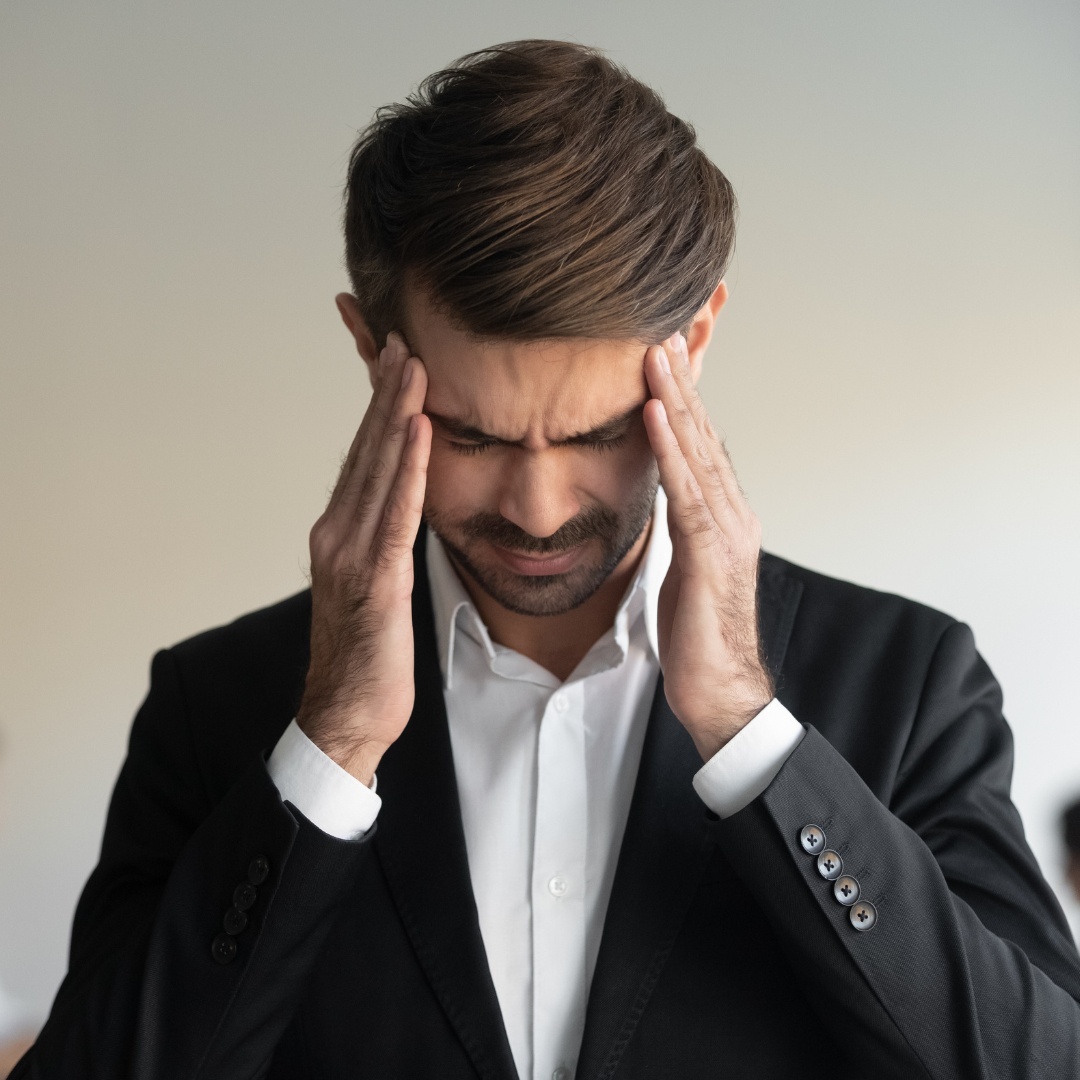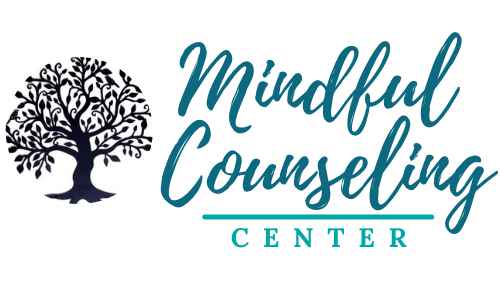Panic Attacks
 Panic attacks are sudden episodes of intense fear that trigger severe physical reactions when there is no real danger or apparent cause. They can occur without warning, anytime, anywhere. (Mayo Clinic)
Panic attacks are sudden episodes of intense fear that trigger severe physical reactions when there is no real danger or apparent cause. They can occur without warning, anytime, anywhere. (Mayo Clinic)
Some typical symptoms of this form of anxiety include (Mayo Clinic): a sense of impending doom/danger; fear of loss of control or death; rapid, pounding heart rate; shortness of breath; chest pain; sweating, chills or hot flashes; trembling or shaking; nausea or cramping; headache, dizziness, lightheadedness or faintness; numbness or tingling sensation; and/or feeling of unreality or detachment.
If you’ve had recurrent panic attacks and feel constantly afraid of another attack, you may have a condition called panic disorder. You may fear having panic attacks so much that you start avoiding situations where they may occur. Left untreated, panic attacks and panic disorder can affect almost every area of your life and lead to other problems such as, for example, phobias, the need for frequent medical care, depression and anxiety, and/or substance abuse. (Mayo Clinic)
If you’re experiencing symptoms of panic attacks, talk to a health care provider. After discussing your history, the provider may conduct a physical exam to ensure that an unrelated physical problem is not causing your symptoms. Panic disorder can be effectively treated, usually with psychotherapy, medication, or both. (National Institute of Mental Health)
You can reach out to the Mindful Counseling Center for therapeutic support—panic is a common issue we address. (Click on the “Contact” button below.)
Here are three strategies that might help you cope if panic attacks occur again (Anxiety.org).
1. Educate yourself. It is scary to have a panic attack and not know what is happening to your body and mind.
Learn more about panic attacks and panic disorder so you can start to label and identify the experience that you are having. Knowing what is going on may help you feel like you can cope with the situation. For example, the next time you have a panic attack, you can tell yourself: “This is anxiety. I have felt this before, and I was okay.” It can also be helpful for your loved ones to get educated, so they can support you with the same messages when you are experiencing panic.
2. Accept the experience; don’t fight it. Accepting one’s emotional experience can be helpful during panic attacks.
Remind yourself that anxiety is like a wave, what goes up must come down. Fighting against the experience engages the “fear of fear” cycle that can make you feel even worse. If you notice panic symptoms creeping up, label your experience and you remind yourself: “I will be okay. This will pass in time.” Accepting your experience, rather than fighting against it, will likely help your panic symptoms decrease more quickly and aid you in tolerating the feelings they evoke.
3. Develop the habit of mindfulness. Mindfulness—which can be a tool to aid you in accepting your situation—involves spending time focusing on the present moment and using a nonjudgmental stance (things are not good or bad, they just are).
Try to spend some time each day focusing on a single mindful activity. For example, focus for a few minutes on the experience of breathing: noticing your physical sensations (the sound of your breath, the feeling of your chest rising and falling as you breathe, the feeling of air entering and leaving your lungs, etc.) If you notice your mind wandering–it is normal for minds to wander–gently redirect it back to the exercise. Engaging in mindfulness exercises on a regular basis can help you to feel more emotionally centered and resilient, and able to cope with difficult experiences. For more ideas for practicing mindfulness, see Meditative Activities (mindful-counseling-center.com).
A counselor can help you explore and practice these and other strategies to manage panic.
References
Anxiety.org. Panic Attacks and Panic Disorder: Symptoms, Treatment, Causes and Coping Strategies.
National Institute of Mental Health. Panic Disorder: When Fear Overwhelms.
Mayo Clinic. Panic Attacks and Panic Disorder – Symptoms and Causes.
